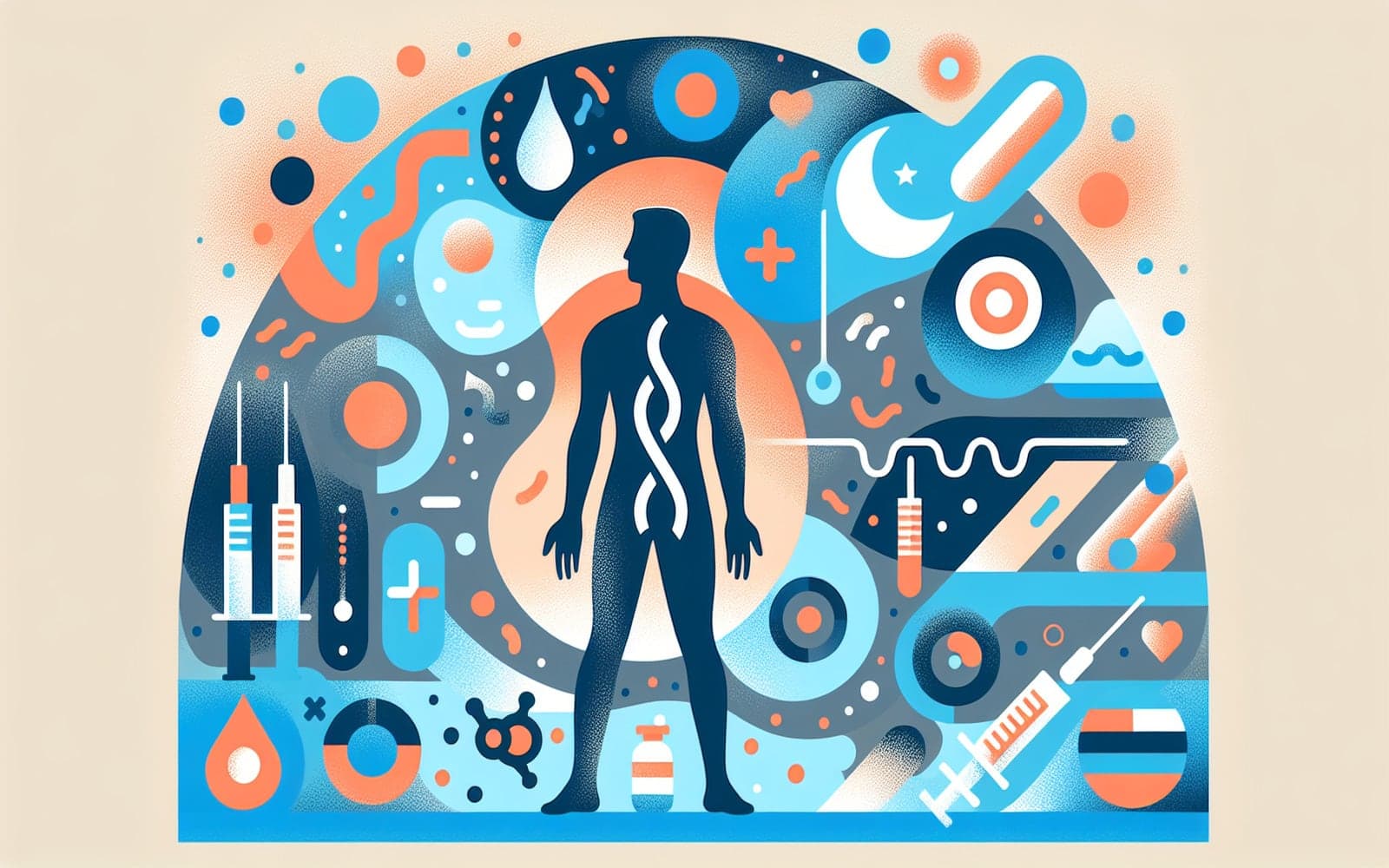Unraveling Diabetes: What New Research is Revealing
Unraveling Diabetes: What New Research is Revealing
What's New?
Diabetes research is constantly evolving, revealing new insights into the disease. Discover what recent studies have uncovered about diabetes.
Contents
- Emerging Forms of Diabetes
- Genetic Discoveries
- Machine Learning in Diabetes Classification
Emerging Forms of Diabetes
Recent research has identified atypical forms of diabetes that don't fit the traditional classifications of Type 1 or Type 2. These emerging forms, often with unique genetic markers, highlight the complexity of diabetes and the need for more personalized treatment approaches.
Genetic Discoveries
Studies are uncovering genetic variants that contribute to diabetes risk. Although each variant offers a small risk individually, together, they can significantly influence disease development. Understanding these genetic factors is paving the way for better risk assessment and tailored interventions.

Machine Learning in Diabetes Classification
Researchers are using machine learning to analyze large datasets, identifying subtypes of diabetes based on clinical parameters. These subtypes go beyond the traditional Type 1 and Type 2 classification, offering a more nuanced understanding of the disease and its management.
FAQs
What are atypical forms of diabetes?
They are diabetes types that don't fit traditional Type 1 or Type 2 categories.
Can genetics predict diabetes risk?
Yes, genetic variants can indicate risk, but they act as part of a complex interplay.
How is machine learning used in diabetes research?
It's used to identify diabetes subtypes for more personalized care.
The Bottom Line
Ongoing research is reshaping our understanding of diabetes, promising more personalized and effective treatments.
Additional References
- Ahlqvist E, Prasad RB, Groop L. Subtypes of Type 2 Diabetes Determined From Clinical Parameters. Diabetes 2020; 69:2086.
- Udler MS, Kim J, von Grotthuss M, et al. Type 2 diabetes genetic loci informed by multi-trait associations point to disease mechanisms and subtypes: A soft clustering analysis. PLoS Med 2018; 15:e1002654.
This article has been reviewed for accuracy by one of the licensed medical doctors working for Doctronic.











